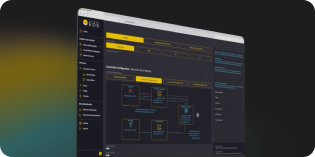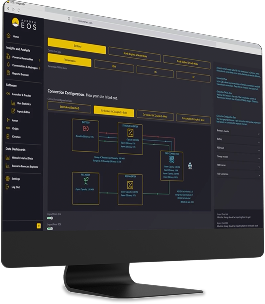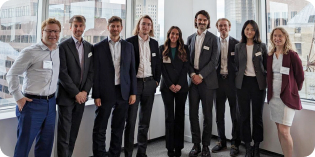Launch your energy career with Aurora
Building tomorrow’s energy leaders
Guidance for your Aurora journey
From expert application tips to real insights into graduate life, discover everything you need to join Aurora with confidence and take the first step in your energy sector career.



Opportunity to grow and lead
Drive the move to a smarter, cleaner, and more sustainable global energy future.
Graduate experiences
Explore first-hand accounts from our graduates, covering everything
from the application journey to their daily experiences on the job.

Florence Miller
Graduate Modeller, Oxford

John Lee
Graduate Analyst, Melbourne

Star Xian
Graduate Analyst, Sydney

Nicolas Terrazo
Graduate Modelling, Oxford

Marron Loods
Graduate Analyst, Berlin

Isa Dijkstra
Graduate Analyst, Berlin

William Eastwick
Graduate Analyst, Austin

Akane Iwado
Commercial Associate, Tokyo



































